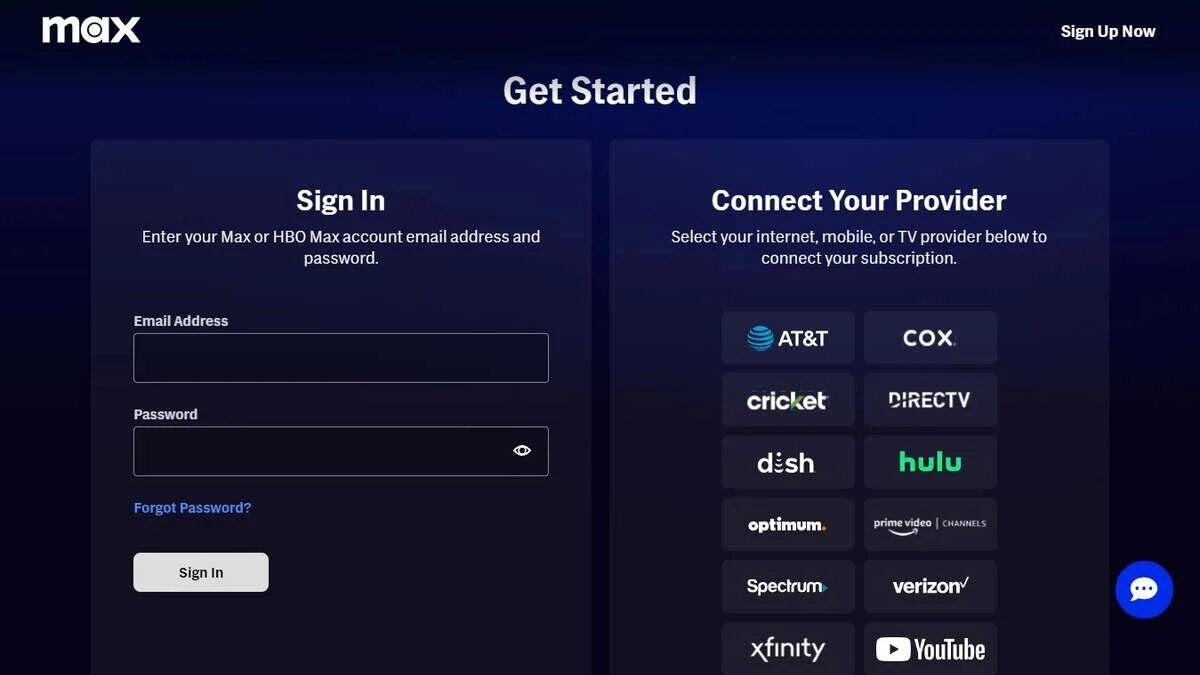Is Max’s Move to Crackdown on Password-Sharing a Make or Break Moment for Warner Bros. Discovery?
Is Max’s Move to Crackdown on Password-Sharing a Make or Break Moment for Warner Bros. Discovery?
The financial situation at Warner Bros. Discovery forces the question of what comes next if the company can’t improve its streaming financials.

Warner Bros. Discovery is in a tough spot. The company faces the same pressures that every big media firm is dealing with; revenues generated by its linear TV channels continue to fall, and though its streaming service Max continues to grow, that segment of the company turned in a loss of $107 million in the second quarter of 2024. Company streaming chief J.B. Perrette spoke to analysts during WBD’s second-quarter earnings call on Wednesday and shared more details about its previously announced password-sharing crackdown, which the company hopes will help generate new revenue and additional subscribers.
Key Details:
- Max’s efforts to stop password sharing will begin in fall 2024, and continue into 2025.
- Price increases and more international expansion are also key parts of the company’s strategy to achieve streaming profitability.
- WBD faces strong headwinds in the form of a massive debt load and a potential loss of NBA rights.
There weren’t many details available from WBD executives on what its password-sharing crackdown will look like when it rolls out, but it will presumably resemble those from other streamers. Max will likely identify the owner of the account through their IP address, and then restrict account use outside that location.
The company first pledged in March that it would begin restricting customers’ ability to share passwords this year, and Perrette said on Wednesday’s earnings call that the rollout was unlikely to be completed by year’s end.
“We are rolling out obviously our password sharing crackdown, which we’ve said before, will start towards the end of this year and bleed into 2025 and so that’ll be another revenue driver,” he said.
Disney has already updated its streaming user agreements to make password sharing on Disney+, Hulu, and ESPN+ a violation, but it won't start enforcing its rules widely until September. Netflix was first to market with its restrictions on account sharing, and saw a large number of new customers sign up in the days following the introduction of those rules.
Why is Password-Sharing So Important to WBD?

Perrette characterized his company’s climb to streaming profitability as a “game of inches.” Indeed, the direct-to-consumer (DTC) segment of WBD has already shown the ability to turn a profit, having ended 2023 with a net profit of $103 million and following in Q1 2024 with a $90 million surplus. But that figure included revenue generated by linear HBO subscribers as well as Max customers, and with the $107 million loss posted in its most recent quarter, it’s clear that Max isn’t ready to stand on its own as a profit engine just yet.
Netflix saw viewership remain steady among paying customers when it rolled out password-sharing restrictions last year, in addition to the new signups generated by the rules. Max is hoping for a similar outcome.
Other facets in Max’s strategy to achieve profitability include launching in more territories internationally, as well as the price increase for its two ad-free plans which WBD enacted earlier this summer. Perrette and his boss CEO David Zaslav struck a confident tone that these measures will help WBD get back to streaming profitability by the end of 2024.
If the rules against password sharing don’t make a meaningful difference, however, WBD could be in trouble. The company still has a massive debt load of almost $40 billion, and that means that when it generates free cash flow, much of that money must go to paying down debt instead of being reinvested into Max or other parts of the company to improve the customer experience.
The likely loss of NBA rights could also be a large problem for WBD. It’s already facing continued declines from its linear channels, but TNT is estimated to command the second-largest carriage fee of any cable channel, behind only ESPN, at around $3 per subscriber. Most analysts believe that there’s no way the company can continue asking for that much if it loses live NBA games, which partially explains why WBD was willing to sue the league to try and enforce its matching rights and prevent the Association from selling its games package to Amazon instead.
If WBD can’t get to regular streaming profitability in short order, it may not have any choice other than to take drastic action. Bank of America analyst Jessica Reif Erlich — who was a participant in WBD’s quarterly earnings call — recommended in July that the company spin off Max and its movie studio, the parts of its business with the most potential to generate revenue, and leave its linear channels saddled with its giant debt. Such a move might be on the table in the coming months if password-sharing restrictions and other tactics don’t bring in the money WBD needs.
Max
Max is a subscription video streaming service that gives access to the full HBO library, along with exclusive Max Originals. There are hubs for content from TLC, HGTV, Food Network, Discovery, TCM, Cartoon Network, Travel Channel, ID, and more. Watch hit series like “The Last of Us,” “House of the Dragon,” “Succession,” “Curb Your Enthusiasm,” and more. Thanks to the B/R Sports add-on, users can watch NBA, MLB, NHL, March Madness, and NASCAR events.

